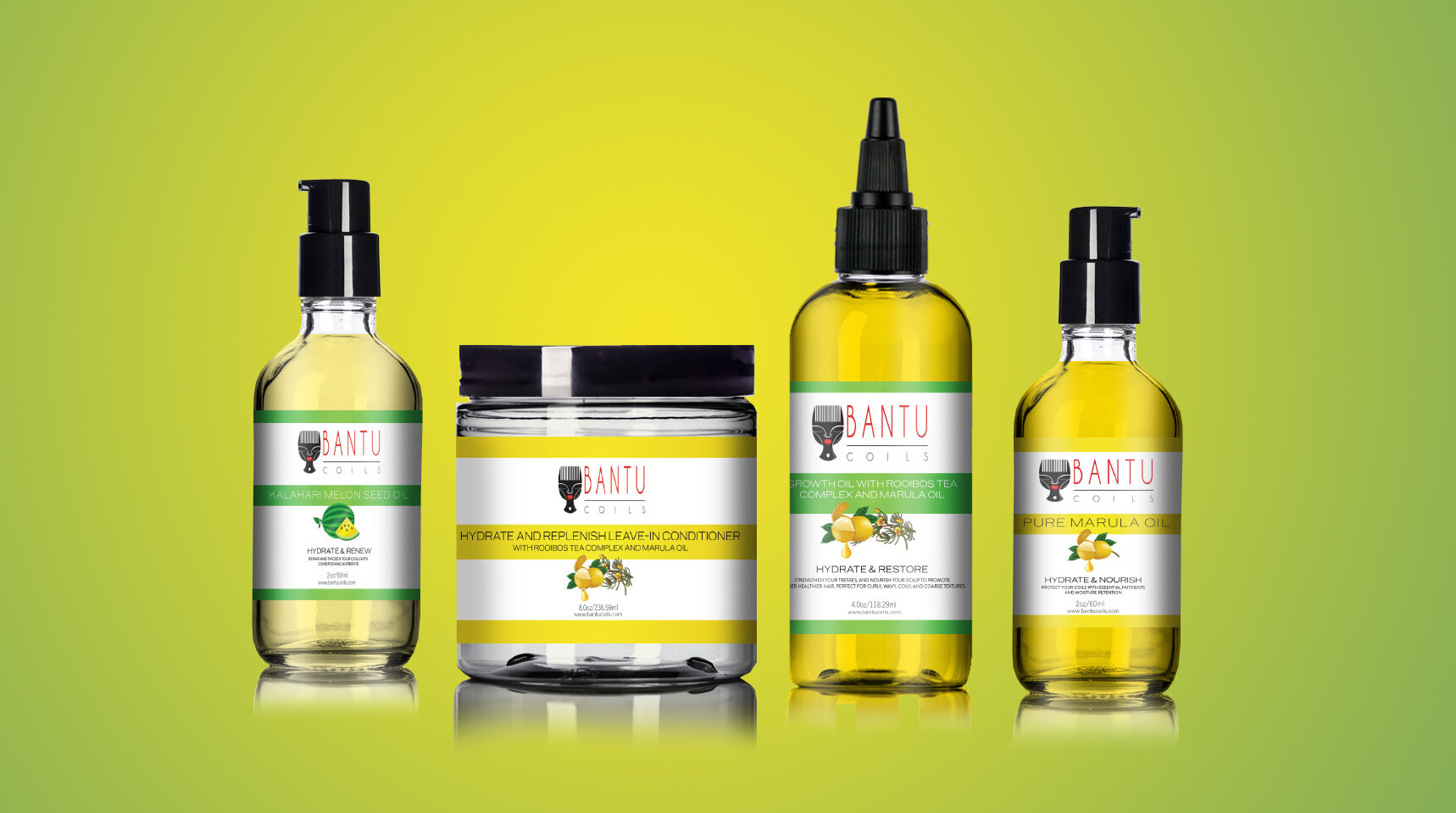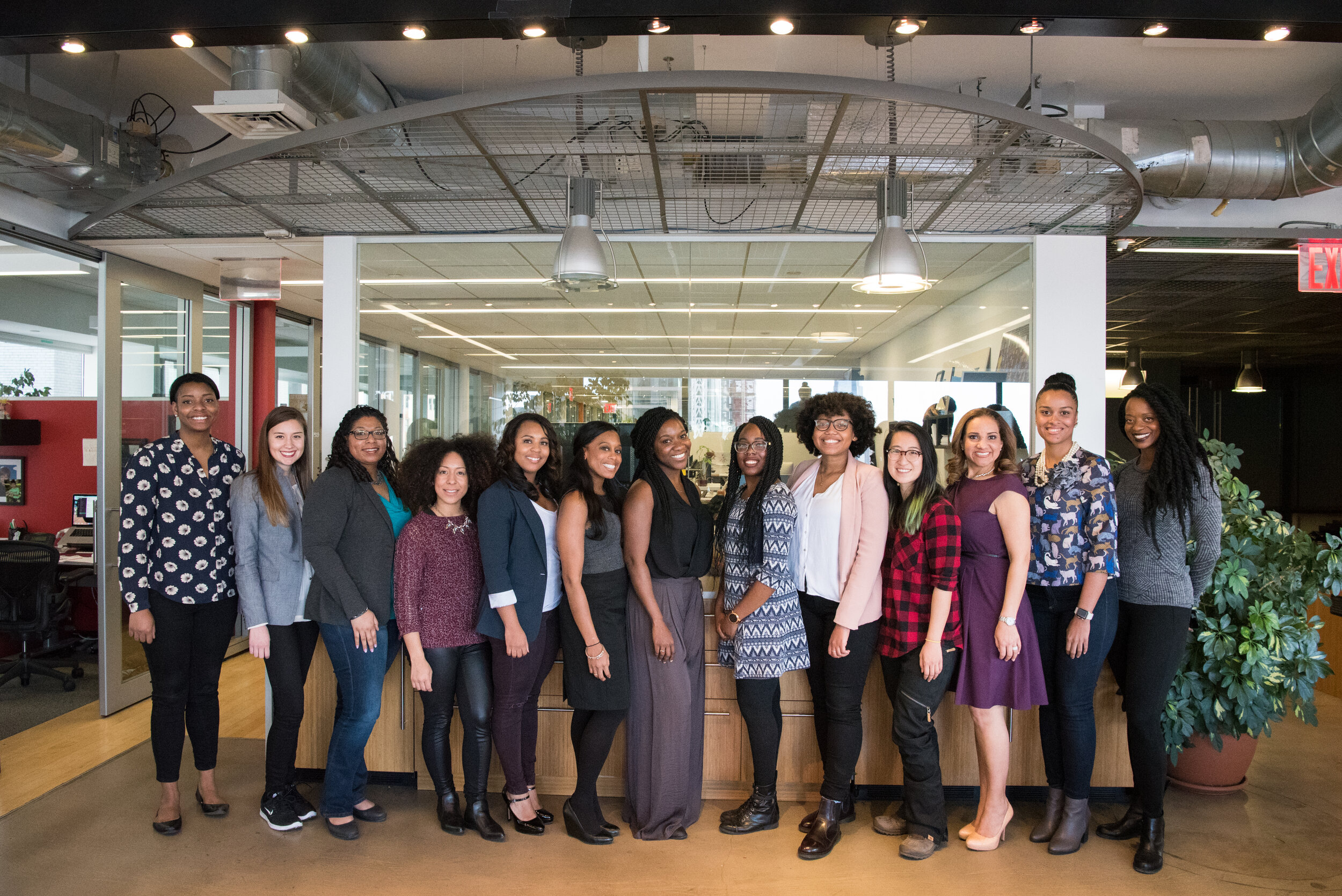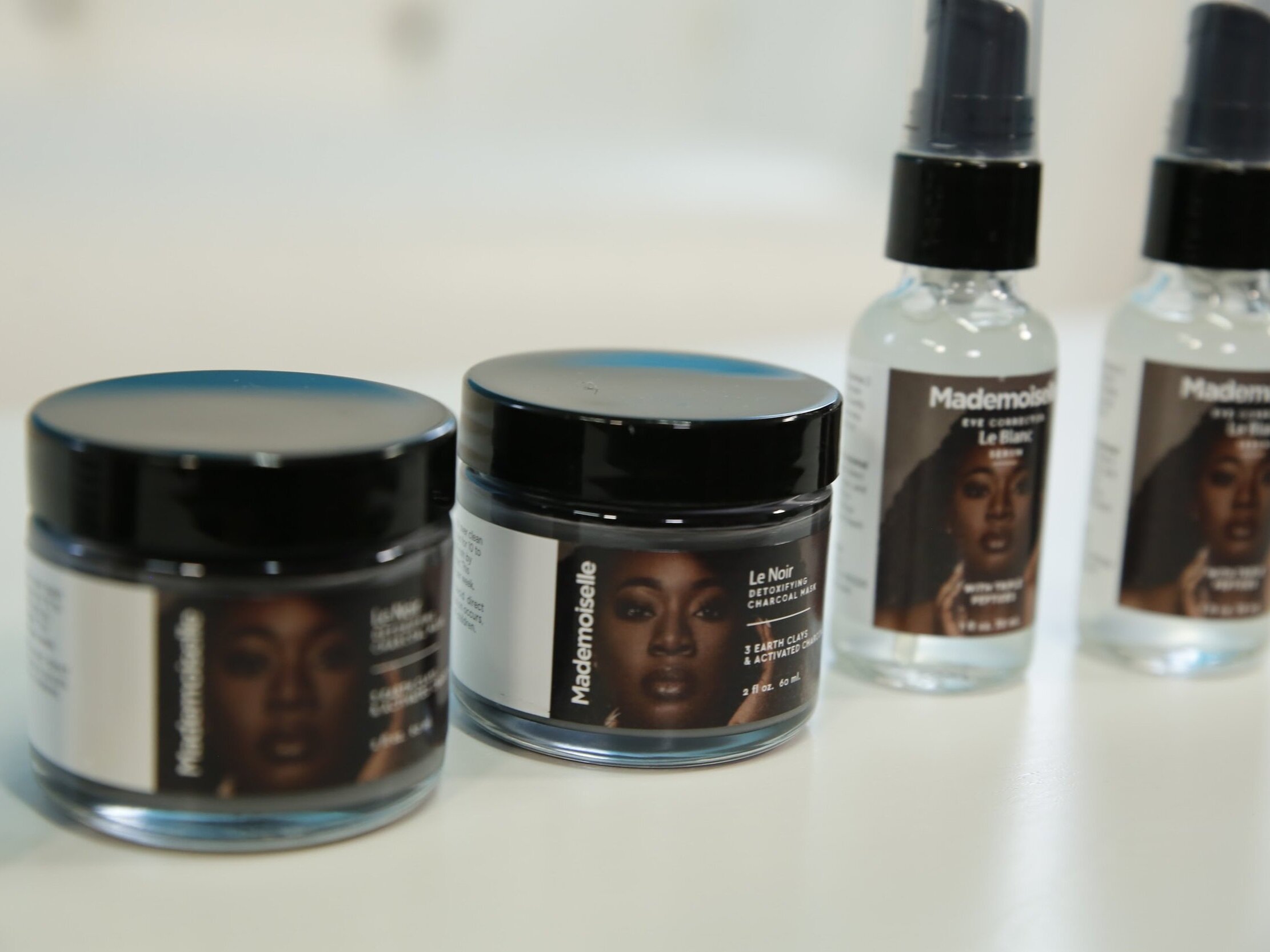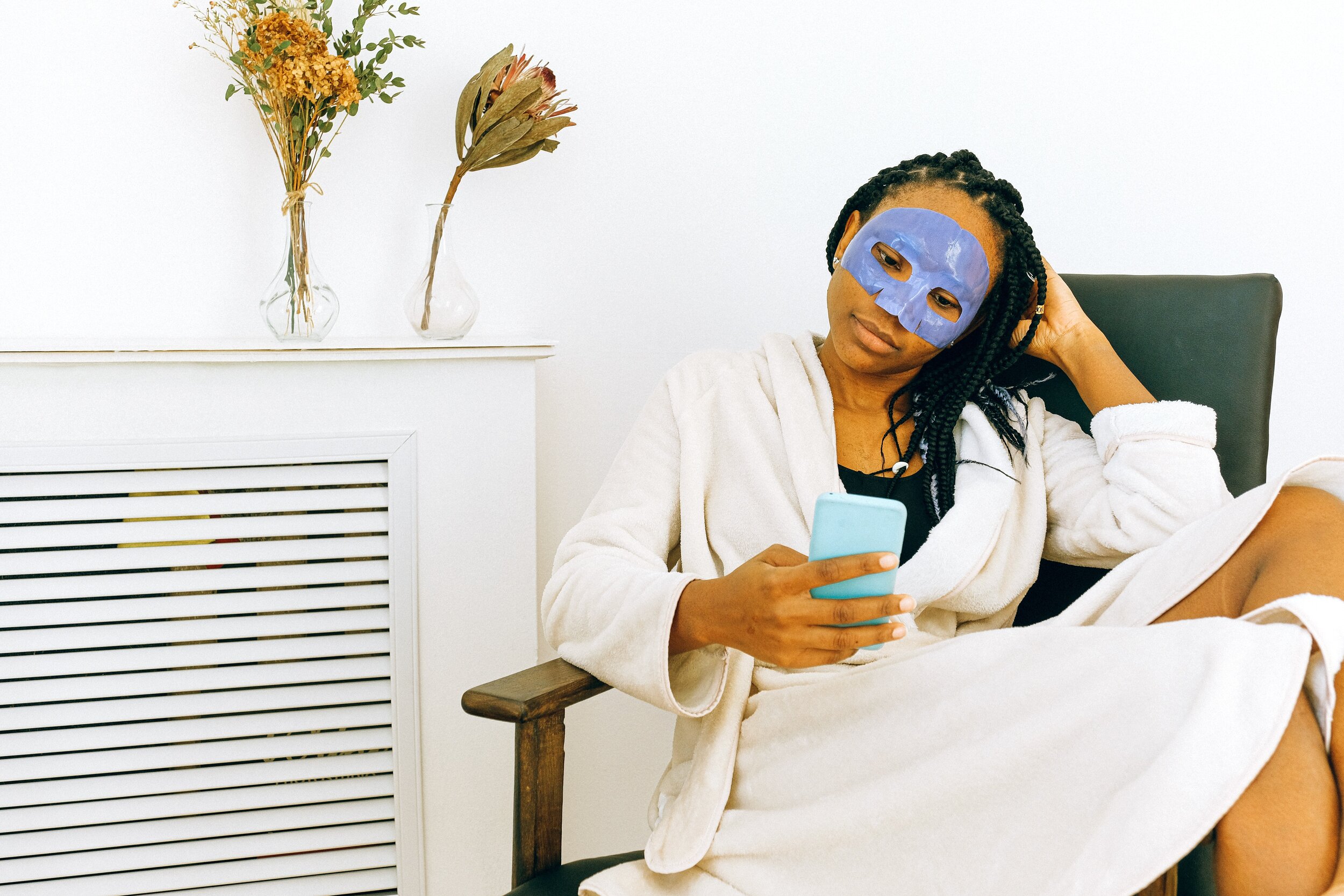Black Ownership in Beauty(PT.1): Bamboozled or Unbothered?

This summer, there’s been a Black Parade of Black-owned beauty brands all across the internet and social media in the form of lists, Facebook groups, and directories. Intermingled with some of these posts and articles are lists highlighting brands, not because they are Black-owned, but rather because many consumers incorrectly assume that they're Black-owned.
Here’s the ownership history of some beauty brands you’ve probably had in your own shopping cart.
Popular Makeup Brands
Black-Owned (50+%)
BEAUTY BAKERIE
Cashmere Nicole is the CEO of Beauty Bakerie, a line of sweetly named cosmetic products, which she founded in 2011. In 2017, Unilever acquired a minority stake in Beauty Bakerie as a lead investor in a $3 million seed round that included institutional investors 645 Ventures and Blue Consumer Capital.
BLACK OPAL
Black Opal is a makeup company that was founded in 1994 by chemist Niko Mouyiaris. 25 years later, in 2019, it was acquired by Desiree Rogers and Cheryl Mayberry McKissack, making the beauty brand Black-owned for the first time in its history. Rogers serves as CEO, and McKissack is the company’s President.
CURLS
Mahisha Dellinger founded Curls as an organic hair care line for naturally, curly hair in 2002. Dellinger continues to serve as CEO of the company. Some of you may be familiar with Dellinger from her show on OWN TV, Mind Your Business with Mahisha, where she mentored women business owners.
FENTY BEAUTY
Rihanna founded the wildly popular Fenty Beauty by Rihanna, an inclusive and diverse makeup line, in 2017. The cosmetic line, named after Rihanna’s last name, was created through LVMH Moët Hennessy Louis Vuitton SE’s Kendo incubator. Its website identifies Rihanna as the “Founder and CEO, and an Owner of Fenty Beauty.”
MIELLE ORGANICS
Known for its best-selling Babassu Oil and Mint Deep Conditioning Protein/Moisture Replenisher and White Peony Leave In Conditioner, as well as its Founder’s tailbone-length hair, Mielle Organics was founded in 2014 by Monique Rodriguez. Rodriguez continues to serve as the CEO of the natural hair care and beauty brand.
THE CRAYON CASE
Reynell Steward, aka Supa Cent, is the CEO and Founder of The Crayon Case. She launched this very popular makeup brand in 2017 and is known for grossing $1.37 million in one hour during Cyber Monday in 2019. The cosmetic line is known for its school supplies themed makeup products.
Popular Hair Care Brands
No Longer Black-Owned
BEVEL
Bevel was founded by Tristan Walker in 2013, under the Walker & Company brand, as a shaving system specifically designed with men of color in mind. Proctor & Gamble acquired Walker & Company in 2018, and with the acquisition also acquired Bevel. However, Walker continues to serve as CEO of Walker & Company, which includes Bevel and FORM Beauty, a hair care brand for women that was also founded by Walker.
CAROL’S DAUGHTER
Carol’s Daughter, a natural hair and beauty brand, was founded in 1993 by Lisa Price. L’Oréal acquired the company in 2014, but Price is still actively involved with the business. The hair brand is known for being one of the first brands to cater to Black women with natural hair.
SHEAMOISTURE
Founded in 1991 by Richelieu Dennis and Nyema Tubman, SheaMoisture is a personal care brand known for its products for natural hair. Unilever acquired the company in 2017, and Cara Sabin is the current CEO. While mainly known for its hair care products, in addition to its bath and body products, the brand has also ventured into cosmetics and skincare.
THE MANE CHOICE
Courtney Adeleye founded The Mane Choice, a natural hair care brand, in 2013, and serves as its CEO. Adeleye has a registered nurse background, and her husband is a medical doctor. Reflective of this, the brand focuses not only on beauty, but also on health. MAV Beauty Brands acquired the company in 2019.
URBAN SKIN RX
Founded in 2010 as a skincare line targeting the needs of women of color, and with the tagline “Skin Care from the Melanin Experts,” Urban Skin Rx was co-owned by Charity Washington and Rachel Roff. It is now led solely by Roff, who the brand’s website notes has a clinical background that focuses on skin color and pigmentation. The website does not mention Washington.
Never Black-Owned
MAC COSMETICS
Some people seem to be shocked to learn that MAC Cosmetics is not Black-owned, while their shock was probably surprising to others who always assumed it was not Black-owned. The popular makeup brand was founded by Frank Toskan and Frank Angelo in 1984. Estée Lauder acquired 51% of the company in 1994 and acquired the entire brand in 1998.
MY BLACK IS BEAUTIFUL (MBIB)
According to its website, My Black is Beautiful was founded in 2006 as a “community-first platform developed by a group of visionary Black women.” It goes on to say that the hair care collection under the same name was “developed by and for Black women” and launched in 2019. It concludes by describing Procter & Gamble as a partner providing resources and reach. However, in a July 3, 2019, Glossy article, MBIB is described as having been incubated and created in-house by Proctor & Gamble, specifically differentiating creating MBIB on its own from its acquisition of an already existing Walker & Company.
Is any of this news to you? Are you feeling bamboozled or unbothered?
Now that you’ve learned the history of the creation and ownership of these beauty brands, share your perspective on how this information may or may not impact your buying decisions. Complete this short survey to help inform Pt. 3 of Black Ownership in Beauty.
Emeka Anyanwu is an attorney and entrepreneur. She is the Founder of Aˈme-kə, an online retail space for makeup, beauty, and grooming brands founded by Black entrepreneurs. She is the 2019 recipient of the National Black MBA Association – DFW Chapter’s Empowering Visionaries Entrepreneur of the Year Award. Emeka is a graduate of Stanford University, and she also received her J.D. from The University of Texas School of Law and her M.B.A. and M.S. in Healthcare Leadership and Management from The University of Texas at Dallas.







